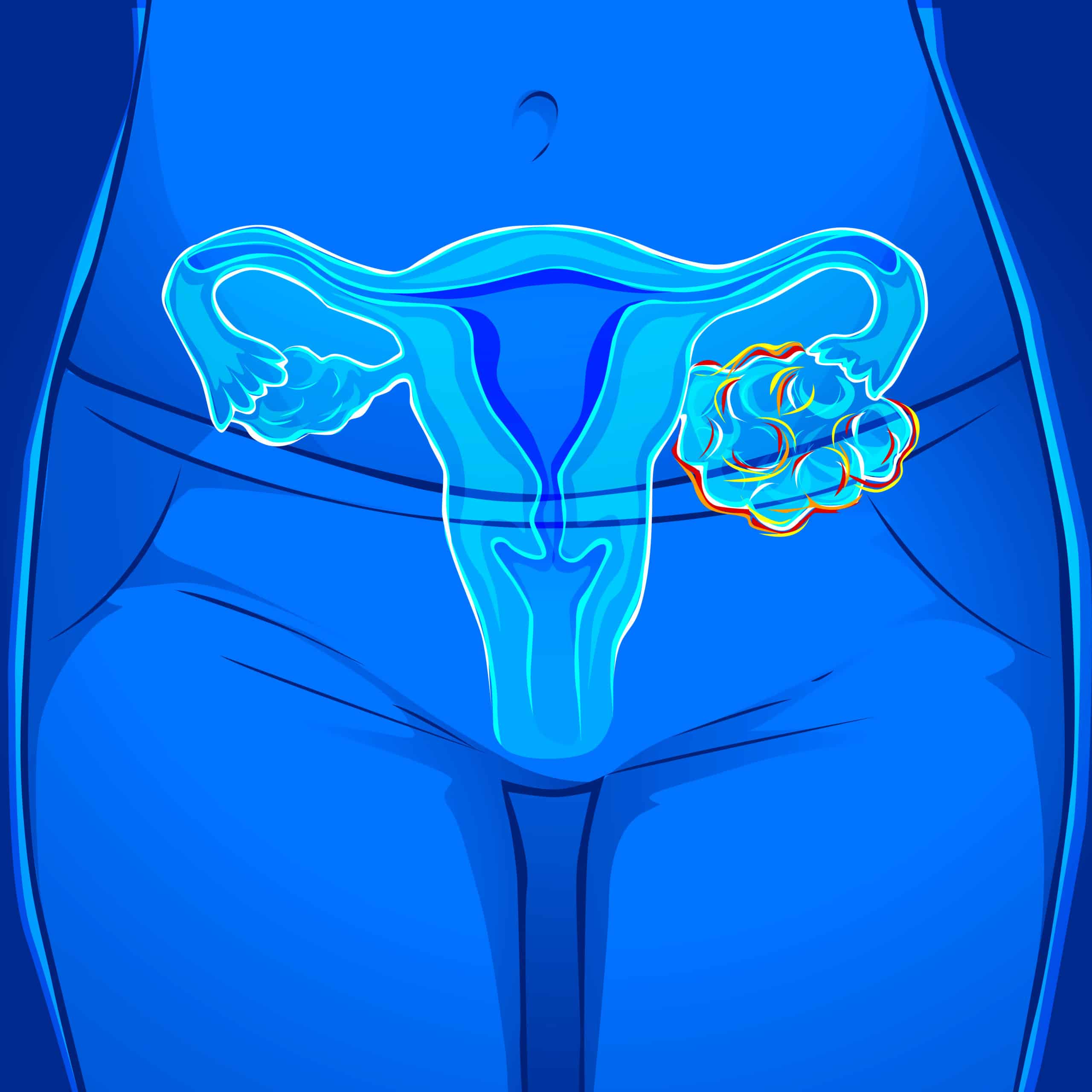Although you probably know that cervical cancer screenings are a regular part of your gynecological care, it’s important to know that ovarian cancer screening is also an important step. Your regular Pap test can’t screen for ovarian cancer, and it can actually be more difficult to detect ovarian cancer in its early stages. Although your gynecologist can recommend your best steps for care, here’s what to know about ovarian cancer screening and what you can expect.
What is Ovarian Cancer?
Ovarian cancer happens when cancerous cells develop on or near the ovaries. When it’s detected and addressed in the early stages (stages I and II), the outlook is generally good. However, it can be difficult to detect in the early stages, meaning that many cases of ovarian cancer are found at stage III when the outlook is less optimistic. For women, ovarian cancer is the fifth leading cause of cancer-related death so it’s important to discuss any concerns with your gynecologist.
What are the Screening Tests for Ovarian Cancer?
Because ovarian cancer does not show any symptoms in the early stages, there are a few important screening tests that can be used. Unfortunately, there are currently no reliable screening tests for ovarian cancer but your gynecologist can recommend the right testing process for you based on your health history.
Transvaginal Ultrasound
High-frequency ultrasound screenings can be used to look at the reproductive structures in the pelvis like the uterus, fallopian tubes, and ovaries. During this type of ultrasound, a specialized handpiece is inserted into the vagina for a more complete picture of your pelvic area. An ultrasound can detect masses on the ovaries, but it can’t determine whether they are cancerous or not.
Blood Test
A simple blood test can measure levels of a protein called CA-125 in your blood. Usually, women who have ovarian cancer have high levels of this protein, which can go down with successful treatment. It’s important to know that high levels of CA-125 can also occur with conditions like endometriosis or pelvic inflammatory disease, so it’s not necessarily an indicator that you have ovarian cancer. It’s also possible to have ovarian cancer with low levels of CA-125, so your gynecologist can discuss your best options that might include other screenings along with a blood test.
What are the Symptoms of Ovarian Cancer?
It’s most likely that you’ll have no symptoms if you have early stage ovarian cancer, but every woman is different. Some of the most common symptoms of ovarian cancer include:
- Pelvic, back, or stomach pain
- Bloating
- Changes in appetite or eating patterns
- Upset stomach
- Changes in urinary habits
- Abnormal or irregular bleeding
- Pain during sex
- Constipation
- Fatigue
It’s important to know that these symptoms are usually persistent and different from normal, so make sure to meet with your gynecologist if you notice anything seems wrong.
Schedule a Consultation
Ovarian cancer screening is an important part of making sure you stay healthy and well for the long term. To meet with our award-winning team of gynecologists and discuss your best options, we invite you to contact our New York City office by calling or filling out our online form.

